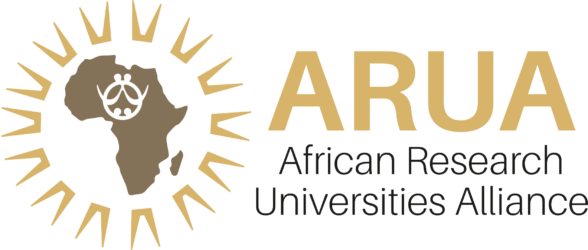
History
The ARUA Centre of Excellence (CoE) in Energy is hosted at the Centre for Renewable and Sustainable Energy Studies (CRSES) in the Faculty of Engineering at Stellenbosch University. ARUA awarded the CoE to Stellenbosch University during early 2018, and in August of that year the CoE was officially launched during a collaborative workshop that brought together leading researchers from all across Africa. Since then the CoE has been an active member of ARUA, participating in various activities and representing the CoE and ARUA at scientific events and other stakeholder engagements. In 2019 Stellenbosch University appoints a full-time Director for the CoE, to expand the CoE’s activities and collaborator network.
Activities
The CoE in Energy has three main activities: (i) doing cutting edge research with an African focus, (ii) training postgraduate students, and (iii) building a network of collaborators and stakeholders around issues of energy in Africa. The CoE collaborates extensively with other disciplines, both within Stellenbosch University and in our wider network. We believe energy, and particularly renewable energy, plays an enabling role in various industries and disciplines and we align our work accordingly. Our research goes hand in hand with the training of postgraduate students, and our postgraduates have access to Stellenbosch University’s excellent facilities and the guidance of leading researchers. Collaboration forms a main pillar around which we build our research projects, and we therefore engage with academia, industry and other stakeholders to ensure that our work stays relevant, to learn from colleagues and to share what our CoE is doing.
Leadership
Since January 2020, the CoE is headed up by Dr Neill Goosen. Prior to his becoming full-time Director of the CoE, the role was shared jointly between Profs Johann Görgens and Sampson Mamphweli. Dr Goosen is trained as a chemical engineer and is affiliated with the Department of Process Engineering. His research interests include integration of renewable energy in food production systems, circular bioeconomy and biorefinery.


